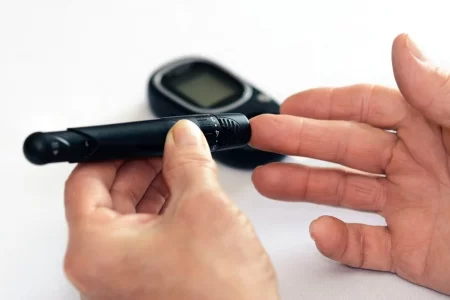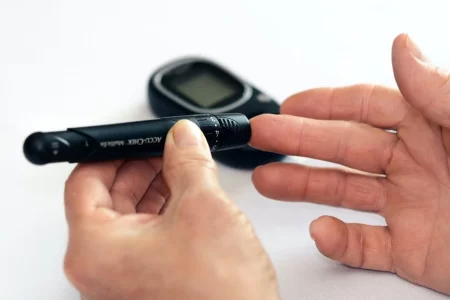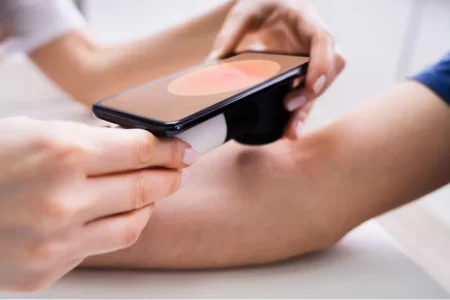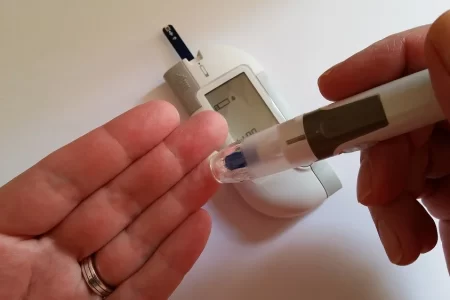Browsing: Diabetes Mellitus
Comprehensive Information, Resources, and Support on Diabetes Mellitus
Metabolism… what is it exactly? Well, some would say it’s the mysterious process everyone seems to be trying to speed…
How to Balance a Diabetic Diet With Genetic Insights
Balancing a diabetic diet with genetic insights involves creating a nutrition plan tailored to individual genetic predispositions. This personalized approach…
AI in Diabetes Care: How Smart Technology Is Making Life Easier for You
Managing diabetes is hard — but what if a device could warn you before you are going to experience a…
How Your Body Repairs Itself After Smoking Cessation
Image source: Unsplash It’s a known fact that smoking can cause many preventable health risks such as cardiovascular diseases, stroke,…
Why Opting for Private Healthcare Enhances Your Diabetes Treatment
Diabetes, a condition affecting millions globally, is a serious health concern. Characterised by the body’s inability to effectively process blood…
Healthy Individuals Show Diabetic-Level Glucose Spikes
The traditional approach of assessing health through periodic blood tests is increasingly seen as inadequate. This article demonstrates why numerous…
Image Source Diabetes, a condition characterized by elevated blood sugar levels, requires diligent management and self-care to ensure a high…
From Smart Insulin Pens to Digital Checkup: A Look into Diabetes Tech Breakthroughs
Diabetes is a chronic disease that affects millions of people worldwide. From monitoring blood sugar levels to taking insulin or…
Strides in the medical field have ushered in new ways to manage type 2 diabetes. One of the most popular…
Precision Medicine: Strategies to Effectively Control Blood Glucose Levels
In healthcare, precision medicine is revolutionizing how we approach the treatment of various conditions. One area where this approach is…













